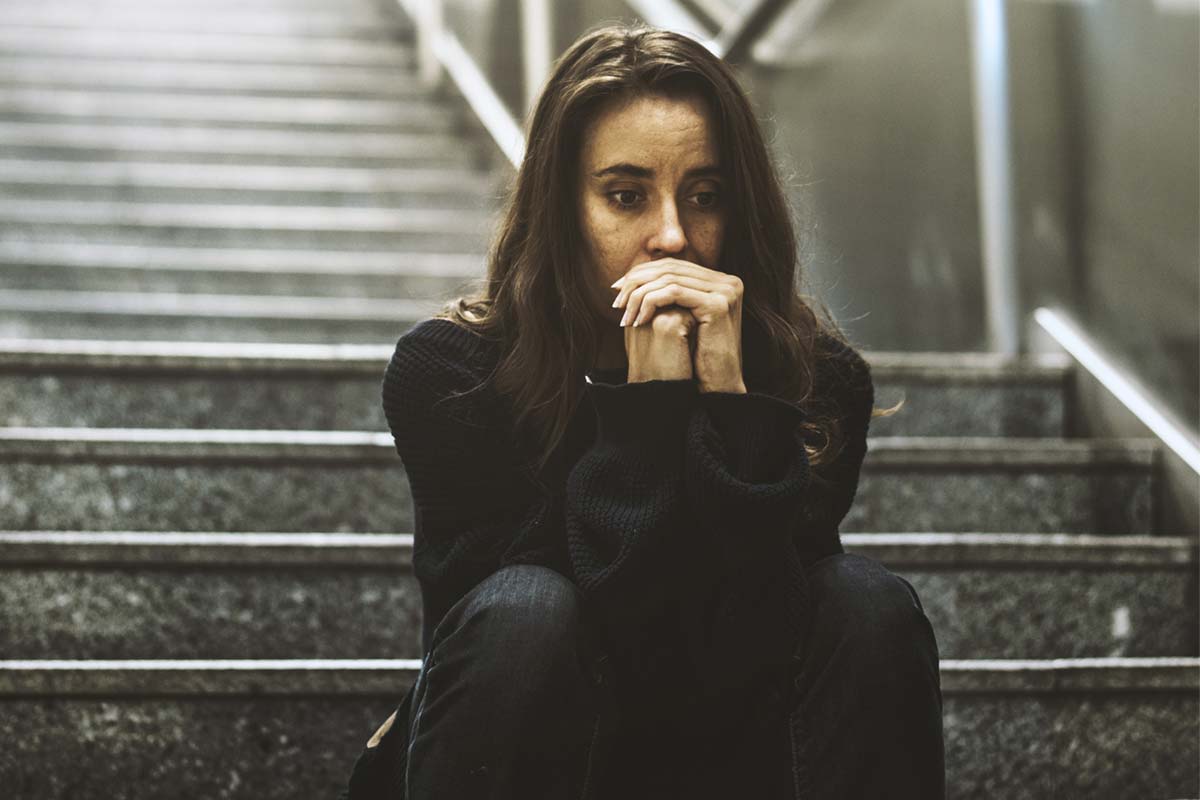While millions of people suffer from mental illness in the US, countless individuals and their families remain in the shadows, trying to be strong. They keep it in the family and will not seek professional help. But these mental illness statistics may change how you think about mental illness, loved ones with mental illness, and mental illness treatment.
Prevalence Through Mental Illness Statistics
Nearly 20% of people in the US experienced mental illness in the last year. That’s around 47 million Americans.
Globally, women are only slightly more likely to develop a mental illness and need treatment. And it’s everywhere. In fact, rates are highest in Western Europe, Greenland, Northern North America (US, Canada), Southern South America (Argentina, Chile), Australia, New Zealand, and parts of the Middle East.
Mental illness is a broad term that might include ailments such as:
- Depression
- Anxiety
- Eating disorders
- Substance abuse
- Bipolar
- Mood disorders
- Schizophrenia
Mental Illness Treatment
We hear a lot about mental illness going untreated in the US or treatment not being available. But, last year, around 43% did get treatment. Among those with severe mental health issues, the rate is nearly 65%. This highlights that resources are available to those in need.
However, there is some unevenness in treatment. Females are 20% more likely to get treatment. However, it’s hard to say if this is because they’re more likely to ask for help or if doctors are more likely to recognize the signs in women.
Treatment discrepancies are even more common when you look at where a person lives. 60% of US counties don’t have a single practicing psychiatrist. For this reason, many in rural areas must travel to get treatment.
How Mental Illness Impacts Lives
People with depression are 40% more likely to develop cardiovascular disease. And if it’s severe, that rate jumps to 200% more likely. And around 19% of people with mental illness will develop a substance abuse disorder in their lifetime. In fact, two are quite intertwined as either one can make the other worse. Mental illness statistics wouldn’t be complete without noting this connection.
The rate of unemployment is nearly double among those with mental health challenges. Students with mental illness symptoms are twice as likely to drop out.
And because it’s harder for a person with untreated mental illness to be self-sufficient, nearly nine million families are taking care of someone with mental illness. This amounts to family members providing 32 hours a week of unpaid care. So, in addition to impacting the individual’s ability to be financially independent, the family member’s job performance may suffer.
Suicide rates have risen 31% in the past 20 years. As you might imagine, 46% of these cases involve diagnosed mental illness. But, 90% of those who commit suicide showed signs of mental illness before. But sadly, these signs went unrecognized until after it was too late.
Recovery Rates
Those who receive treatment can reclaim their lives. For example, some mental illnesses like bipolar are 100% treatable with medication. 70% of people with anxiety and panic disorder can recover through cognitive behavioral therapy (CBT).
85% of those with depression benefit from Electro-convulsive Therapy (ECT), a treatment that strategically targets the brain with an electric current while you’re under general anesthesia. Mental illness statistics like these show that treatment is multi-faceted and personalized to your unique needs.
Help Is Available
Mental illness is devastating not only to the individual but to the entire family and community. If you or a loved one is suffering from mental illness, know that it’s not too late. There are resources available. At Westwind Recovery® in Los Angeles, CA, we’re here to help you get the treatment you need through our personalized and multi-faceted programs where we specialize in areas like:
Call us at 855.340.8832 to schedule a consultation.

Dr. Deena is the Chief Clinical Officer of Westwind Recovery®, an award-winning outpatient treatment center in Los Angeles where she oversees the clinical and administrative program and treatment methods. Dr. Deena is a doctor of psychology and licensed clinical social worker since 1993. LCSW #20628. Originally from the East Coast, Dr. Deena has worked running treatment centers, worked as a therapist in psychiatric hospitals as well as school settings and currently has a thriving private practice in the LA area. Dr. Deena has appeared regularly on the Dr. Phil Show as an expert since 2003. She has also been featured on many other TV shows, podcasts and has contributed to written publications as well as podcasts.



